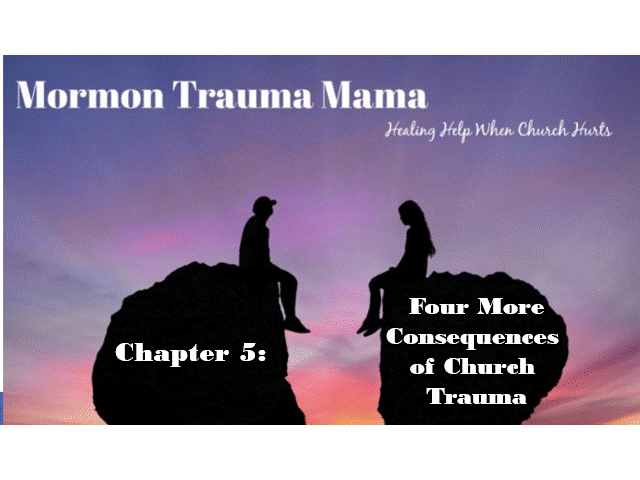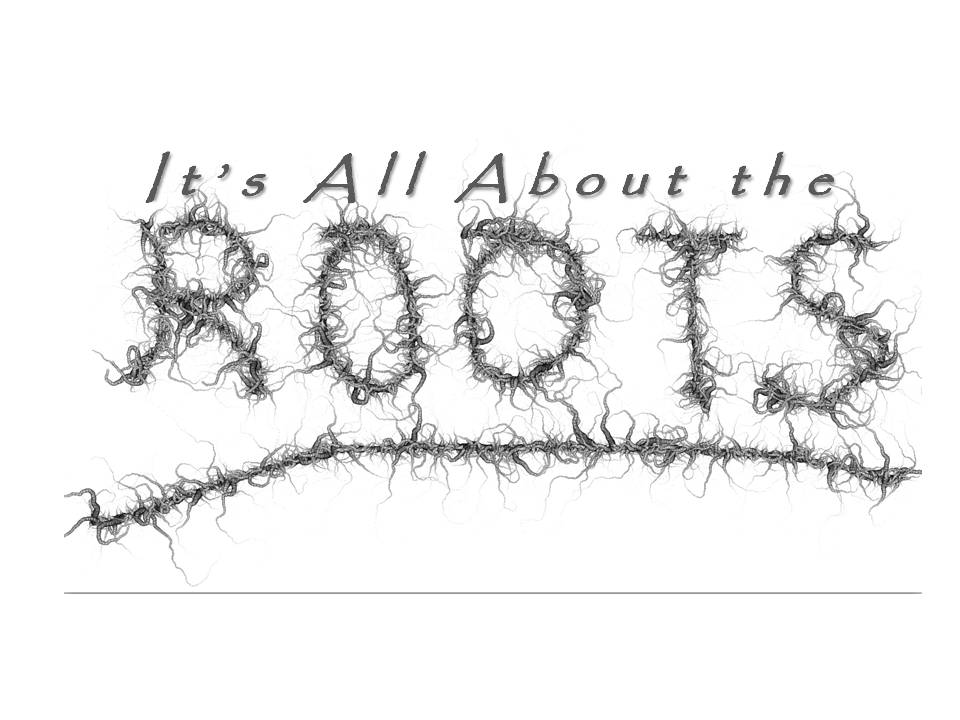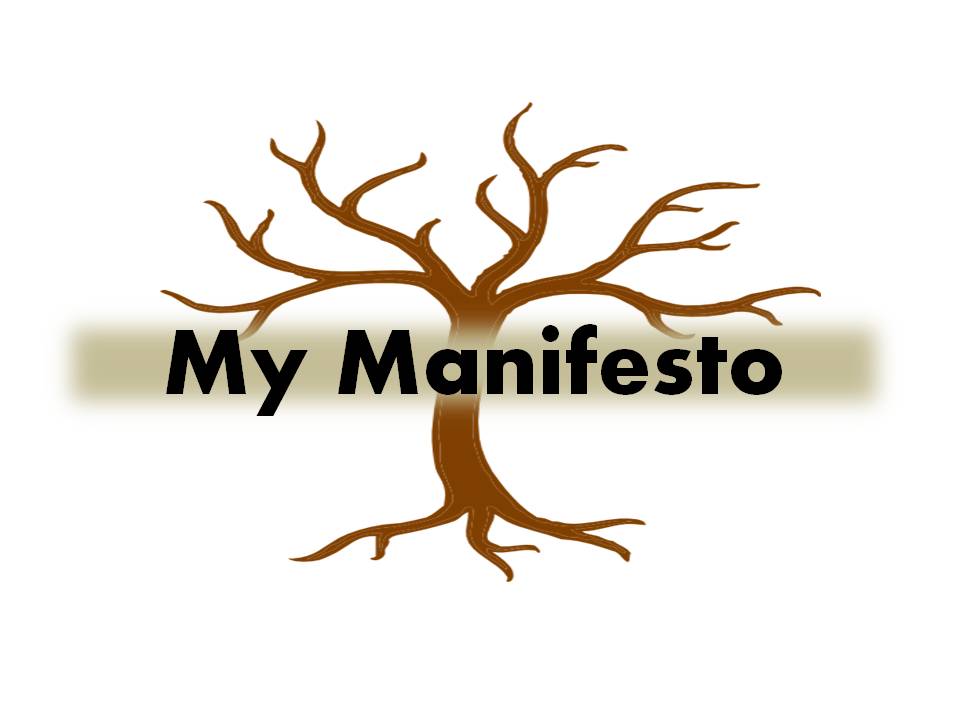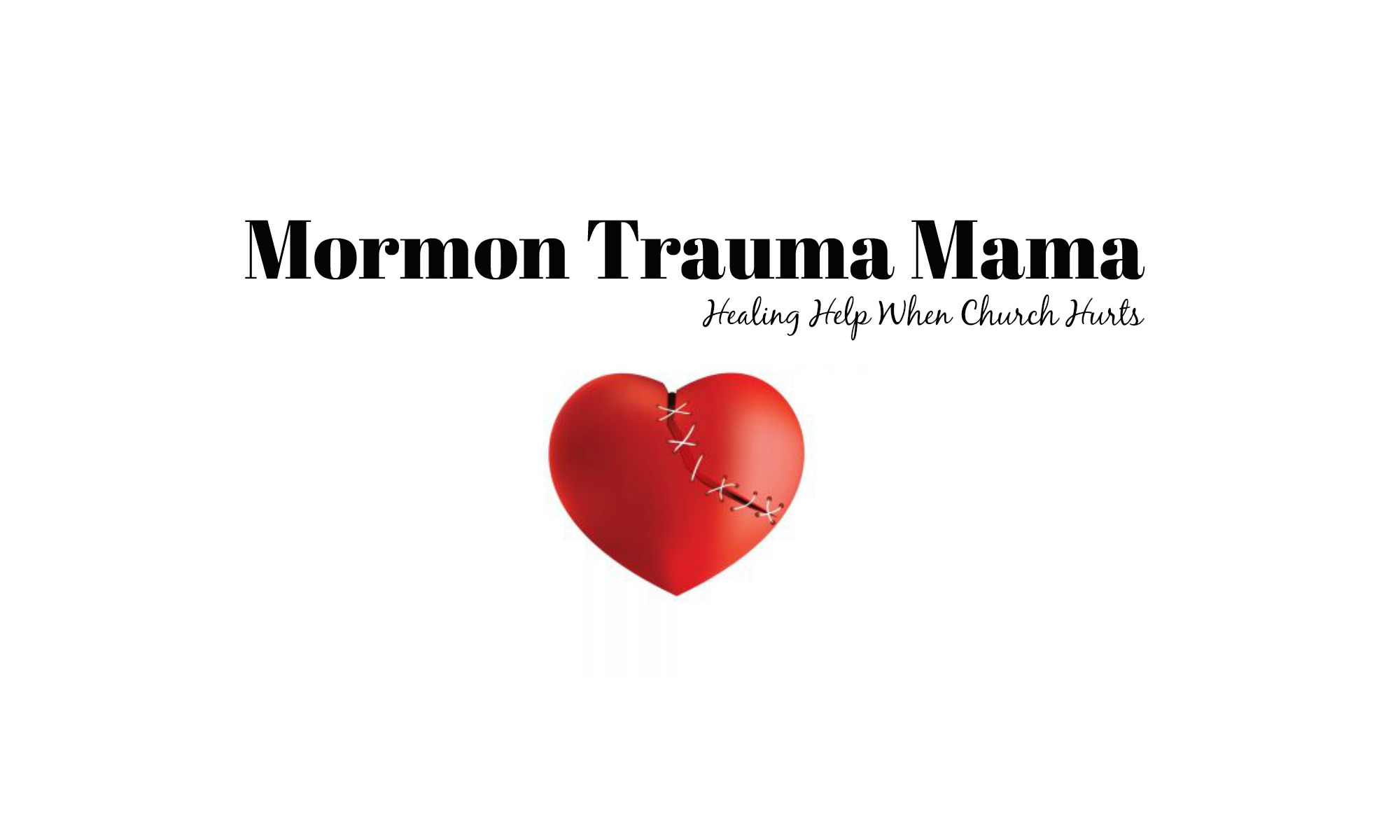Mental Illness
- Acceptance, Anger, Depression, Effects of Trauma on the Family, Fear, Healing, Mental Illness, Self-Care, Shame
Chapter 6: Accepting the Reality of Trauma and Researched-Based Treatments
In chapters 1, 2, 3, 4, and 5, we explored the harmful causes and effects of church trauma. Now we will discuss how to heal and find meaningful beauty and rebirth post trauma. Accepting the Reality of Trauma With so much pain to deal with in regards to church trauma, it often feels very overwhelming and discouraging as victims try to begin piecing their lives together again. It can seem nearly impossible to make sense of it all. Yet, if there is one essential truth that must be grasped in overcoming trauma, it is that in order to heal, one must feel. With that, research shows that there has to…
- Abuser Loyalty, Acceptance, Anger, Church doctrine, Church Exodus, Codependency, Cultural Behavior, Danna Hartline's articles, Depression, Discrimination, Dissociation, Dissonance, Effects of Trauma on the Family, Fear, Fellowship, LDS Women, Leadership, Mental Illness, Modesty, Mormon Culture, Organizational Behavior, Patriarchal Structure, Post Traumatic Church Syndrome, Self-Care, Self-trust, Sex, Shame, Suicide, Trauma vs. Offense, Unrighteous Dominion, Unsafe policies
Chapter 5: Four More Consequences of Church Trauma
Chapter 4 discussed four common effects of Church Trauma: cognitive dissonance, church exodus, dissociation, and abuser loyalty. This chapter addresses four more consequences of Church Trauma: loss of identity, mental disorder, family dysfunction, and shame. Loss of Identity Trauma messes with concept of self. After one is traumatized by the Church, victims often have no idea who they are anymore. The Mormon Church is not just a religion; it’s a lifestyle. Hence traumatization can cause a complete upheaval to a person’s construction of reality, including the self, other people, life, and the future. Few can appreciate the sheer terror religious trauma can create (Tarico, 2015). Many considerations must be examined—“Should…
- Danna Hartline's articles, Healing, Mental Illness, Post Traumatic Church Syndrome, Self-Care, Shame, Suicide, Unrighteous Dominion
Chapter 1: Understanding and Managing Church Trauma—Finding Help and Healing for Mormons
Following is my master’s thesis on church trauma. I will post it in sections. This article will include all of my thesis’s chapter one but because chapter two is so long and comprehensive, it will be published in smaller parts (the whole thesis is 112 pages). For easier reading and clarity, I will label each section a new chapter. Because it is a thesis, it is quite formal in nature, which I hope will be appreciated. I will plan on posting a new section weekly. May you enjoy and find value in this series. Chapter One Introduction Church trauma is a largely uncharted area of investigation that is just beginning…
- Acceptance, Anger, Danna Hartline's articles, Depression, Effects of Trauma on the Family, Empathy, Love, Mental Illness, Shame, Suicide
Waves of Grief
A few months ago, I shared a story of a tragic suicide. Sadly, as preoccupied and short-sighted humans, we often momentarily mourn over the loss of a passing associate but then maybe forget about those who are left behind and the long-lasting effect the death–and the causes of it–has on them. Below is a follow-up on the dear mother of the deceased: Christine Burton. She offers some important insights of one who has been left to suffer mostly alone: “It has now been six months since my son Michael’s tragic and untimely death. What has transpired during this time frame, has been mind altering, eye opening, and heart rending! The tsunami…
- Danna Hartline's articles, Depression, Effects of Trauma on the Family, Empathy, Healing, Love, Mental Illness, Self-Care, Shame, Suicide, Trust the Lord
Mormonism Is Good; Mormonism Is Bad
I was talking to a friend from South Sudan a few days ago about the Church. She was baptized in 2014 but stopped attending in 2017. She said something interesting to me: “I see why you left the Church and I see the problems you present. They are real and valid. You have outgrown it and you are wise to have moved on. You have healed since you’ve left. But Danna, the Church is also good. It helps people like me in a way most religions don’t. If I need help, they come; they want to come. They want to be good. It raises very good people. Look at you.…
- Acceptance, Danna Hartline's articles, Effects of Trauma on the Family, Mental Illness, Post Traumatic Church Syndrome, Self-Care, Trust the Lord
Church Trauma Is BAD–But It’s Not ALL BAD!
I was sitting in Relief Society (a women’s meeting in the Mormon Church) almost a year ago listening to a discussion on fellowship. It was all very encouraging and good. And yet, I could not fully buy into what I was hearing as they spoke of their overwhelming success. I wanted to—and I did to a point because I am aware of good that is happening in the Church. But in the same breath, I knew it was a little off to think that all is well in Zion and that everyone was as happy and thriving as well as seemed to be claimed. I mean, what about me? Did anyone…
- Codependency, Courage to Speak Up, Danna Hartline's articles, Dissonance, Effects of Trauma on the Family, Healing, lds culture, Leadership, Mental Illness, Mormon Culture, Self-Care, Self-trust, Shame, Suicide, Trauma vs. Offense, Trust the Lord
Church Trauma Is More Common than You Might Realize
Last month the Mormon Trauma Mama team hosted an invitation-only summit called When Church Hurts to talk about the problems we are seeing with church trauma and how we can promote awareness, healing, and change. We are still working on solutions to this problem—and will be for many years to come! But at the summit, I introduced a man who had a similar dilemma. Maybe you have heard about him. His name is Ignaz Semmelweis. Semmelweis was a fascinating man. He was a European doctor, an obstetrician, in the mid-1800s. He worked at Vienna’s General Hospital, an important research hospital, where he tried to get to the bottom of a…
- Courage to Speak Up, Danna Hartline's articles, lds culture, Mental Illness, Trauma vs. Offense, Unrighteous Dominion
Survivors Speak: Psychological Trauma Can Be a Great Destroyer of Dreams
Hello! I created this video for an event called Survivors Speak: A Story Telling Event, which will be taking place in Salt Lake City shortly. It is an opportunity that will provide many survivors of abuse to come out of the shadows of hiding and speak up. Sadly, I am unable to attend, but all the same, I want to show my support to my friends there by addressing the very real issue of psychological trauma. Psychological trauma is a very real issue that needs attention. I will give you a formal definition of psychological trauma but before I do so, I would like to help you get in the mindset of this type…
- Abuser Loyalty, Danna Hartline's articles, Depression, Dissociation, Dissonance, Effects of Trauma on the Family, lds culture, Leadership, Mental Illness, Mormon Culture, Post Traumatic Church Syndrome, Shame, Suicide, Trauma vs. Offense, Unrighteous Dominion
The Church-Trauma Tree
Let me introduce myself. Maybe you know me. I’m Danna Hartline. I am the founder and creator of the Mormon Trauma Mama—this website right here—which focuses on church trauma and healing. If you are a follower, I hope you’ve found it helpful. I have an incredibly talented team that works with me—maybe you’ve noticed! My team and I also run a Facebook group called LDS Church Trauma and Healing. As a team, we are also organizing an invitation-only summit this fall called When Church Hurts. We are bringing together some of the top minds in this movement to collaborate and support each other’s efforts as we work on raising awareness about…
-
The Dying of Beliefs Post Trauma
In her book On Death and Dying, Dr. Elisabeth Kubler-Ross taught that there are certain steps one goes through in the dying process: denial, anger, bargaining, depression, and acceptance. In the first stage of denial, people refuse to accept their new reality. They say, “The lab must have gotten my tests mixed up with someone else’s.” Or “This happens to other people, not me.” But their denial doesn’t work very long. So they move into the next stage: anger. They are angry at the doctors, angry at their family, angry at God. When the anger doesn’t help, they begin to bargain. They think they can bargain with God to buy…


















